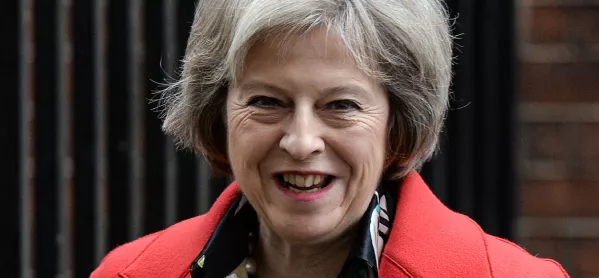The headteacher of Theresa May’s former school has said she is “astonished” that the prime minister is reportedly planning to increase the number of grammar schools.
Kate Curtis, head of Wheatley Park School in Holton, Oxfordshire, argued that while more could be done to promote social mobility in the current school system, reintroducing selection at 11 was not the answer.
“I am astonished that Theresa May, having made some bold and optimistic statements about privilege, is considering selection of children at age 11 as a way of promoting social mobility,” Ms Curtis told TES. “I hope that once she has looked at the evidence she will reconsider.”
The prime minister won a place at Holton Park Girls’ Grammar School, which became Wheatley Park comprehensive school during her time there after merging with the local secondary modern.
Plans being developed by the government are expected to introduce about 20 new selective schools, with a focus on providing for middle-income families. An official announcement is not expected until October.
‘Why build a wall between children?’
Ms Curtis does not agree with increasing selection. “Of course we all understand that the identification of a high-achieving child at age 11 can be the starting point for a great journey into opportunity, and this is an exciting prospect for anyone in education,” she said. “But why do we need to build a wall between that child and the next, who is not…or, crucially, not yet, such a high achiever?
“The greatest source of inspiration in education is the student who surprises us, defies expectations and races ahead…those surprises may in future be limited to the few who get through to the grammar schools, while others will be less likely to aspire, to dream, to be taken to new horizons.”
Ms Curtis said that as society needed more skilled workers, the education system must strive to ensure everyone was highly educated.
“The best comprehensive schools offer all that a grammar school can provide and more; this is what will help to make our country a place of growth, opportunity and cohesion and avoid the risks of division, privilege and limitations,” Ms Curtis added.
The suggestion of lifting the ban, introduced in 1997, on new grammar schools has proved controversial with opposition not only from Labour and the Liberal Democrats, but from some Tory backbenchers, too.
Want to keep up with the latest education news and opinion? Follow TES on Twitter and like TES on Facebook




